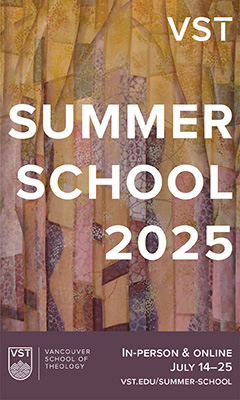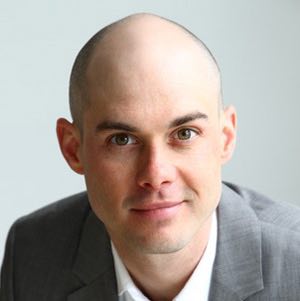Since the diocese announced our plans to not renew our SAH (Settlement Agreement Holder) status with Immigration, Refugees and Citizenship Canada (IRCC), staff have been engaged in conversation about potential ways forward with both partners in the settlement sector on Vancouver Island, as well as our sibling dioceses in the Ecclesiastical Province of BC and Yukon.
Locally, it was affirmed that without additional support from IRCC, it would not be possible for the agencies with the most expertise in this area to undertake the work of being a SAH. This was affirming for us in that others are seeing the same barriers that we are in relation to IRCC’s management of this program. This is difficult news as it puts our region at risk of being underserved for private sponsorship. However, we will continue to pursue possibilities for how other groups may take on some of the work we had done in the past.
The conversation within the ecclesiastical province has been very fruitful. Through the provincial house of bishops and provincial council, we have collectively shared the cost and hired a provincial refugee coordinator in our synod office. Jibril Mohamed has been working with our program as a contractor for over a year (and as a volunteer prior to that) and is pleased to take on this expanded role. In addition to coordinator responsibilities, Jibril will also work remotely for the other two SAHs in our province within the Diocese of New Westminster and the Diocese of Kootenay. Please join me in welcoming Jibril to this new role. He can be reached at [email protected].

Through these conversations as well, a provincial refugee sponsorship working group has been established to discern and recommend a structure to see the future of refugee sponsorship in the Ecclesiastical Province. I ask that you keep this group in your prayers as they undertake this important work starting this month.
Groups across the diocese continue to welcome refugees to our communities and we are hopeful that a new way to continue this vital work will emerge through these conversations.


